NYC’s congestion pricing program to start June 30
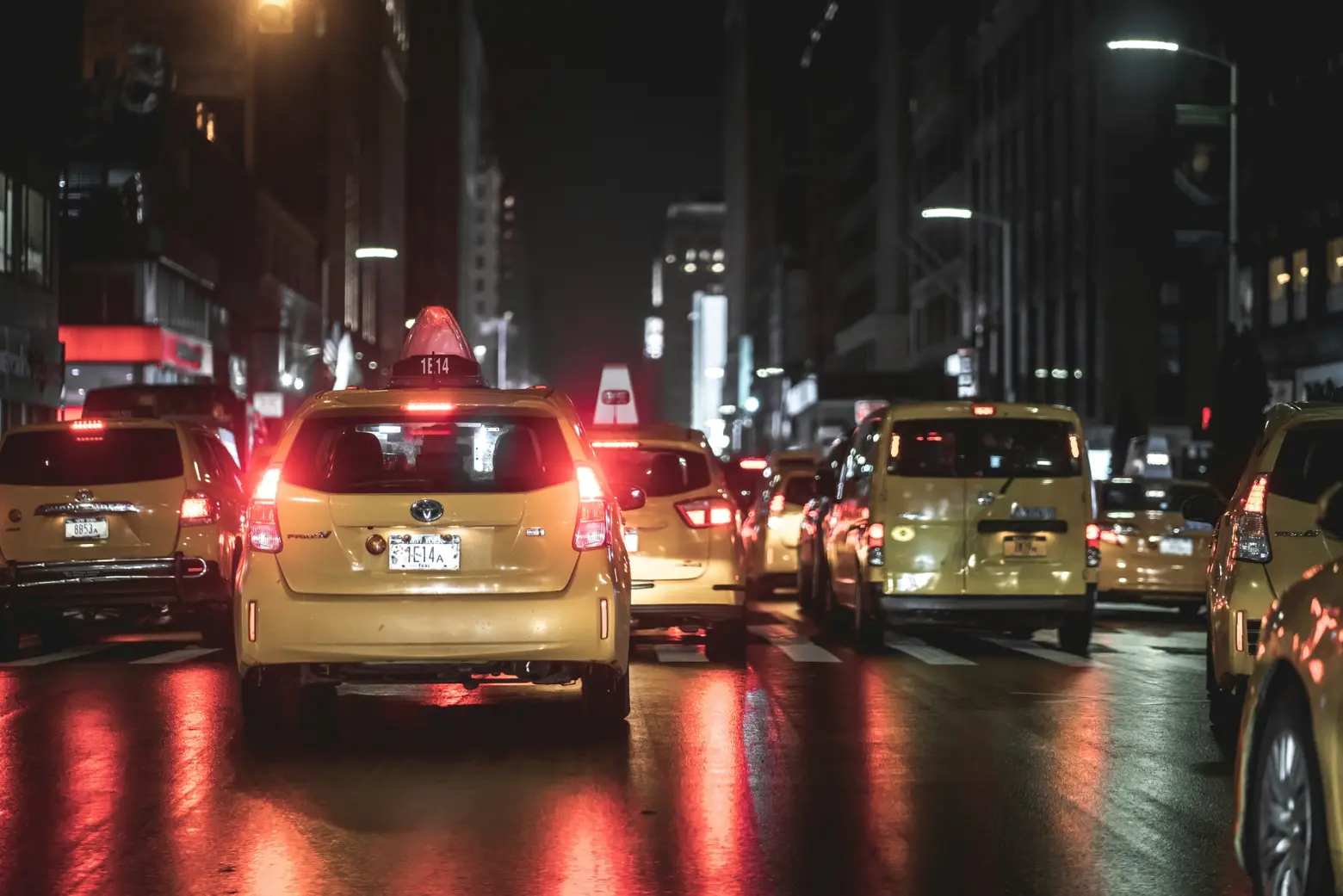
Image courtesy of Kyler Boone on Unsplash
New York City’s congestion pricing program finally has an official start date. In an interview with ABC 7 on Friday, Metropolitan Transportation Authority Chair and CEO Janno Lieber announced the first-in-the-nation program will go into effect on Sunday, June 30 at 12 a.m. The MTA has also opened an online application portal for those qualified to apply for the program’s discounts and exemptions. The plan still faces legal challenges from New Jersey Gov. Phil Murphy and several other opponents, which must be resolved before the program can go into effect.
“I am thrilled, its a beautiful spring day in New York, I’m surrounded by tourists and people who came to Lower Manhattan, they took mass transit,” Leiber told ABC. “Ninety percent-plus of the people come to the congestion zone, the central business district, walking, biking and most of all taking mass transit. We are a mass transit city and we are going to make it even better to be in New York.”
The program, also known as the Central Business District Tolling Program (CBD), gained final approval in March. The plan is designed to reduce traffic, encourage the use of public transportation, and reduce pollution by moving vehicles out of Manhattan’s busiest areas.
As part of the CBD, peak hours will apply from 5 a.m. to 9 p.m. on weekdays, and from 9 a.m. to 9 p.m. on weekends. Toll rates will be 75 percent cheaper overnight, at $3.75.
Passenger vehicles with commercial license plates will be charged a $15 toll once a day while entering the CBD during peak hours and $3.75 overnight.
Trucks and buses will be charged a $24 or $36 toll while entering the CBD during peak hours, depending on their size and function. Overnight tolls will be $6 and $8. Motorcycles will be charged $7.50 during peak hours and $1.75 overnight.
Passengers in taxis, green cabs, and for-hire vehicles will be charged an additional $1.25 per trip, while riders using services like Uber and Lyft will be charged an additional $2.50 per trip.
Authorized emergency vehicles, vehicles transporting a person with disabilities, specialized government vehicles, and transit and commuter buses will be exempt from paying the toll.
Drivers earning less than $50,000 a year can register with the MTA to receive a 50 percent discount on peak hour tolls, starting on the 11th trip taken during a calendar month. Additionally, residents of the CBD area who earn less than $60,000 a year can apply for a tax credit.
Drivers entering the CBD through the Lincoln, Holland, Hugh L. Carey, and Queens-Midtown tunnels will receive a crossing credit that can be used to discount the daytime toll. The credit will be $5 round-trip for passenger vehicles, $12 for small trucks and intercity and charter buses, $20 for large trucks and tour buses, and $2.50 for motorcycles according to the New York Times. There will be no credits offered at night.
RELATED:
Get Insider Updates with Our Newsletter!
Leave a reply
Your email address will not be published.




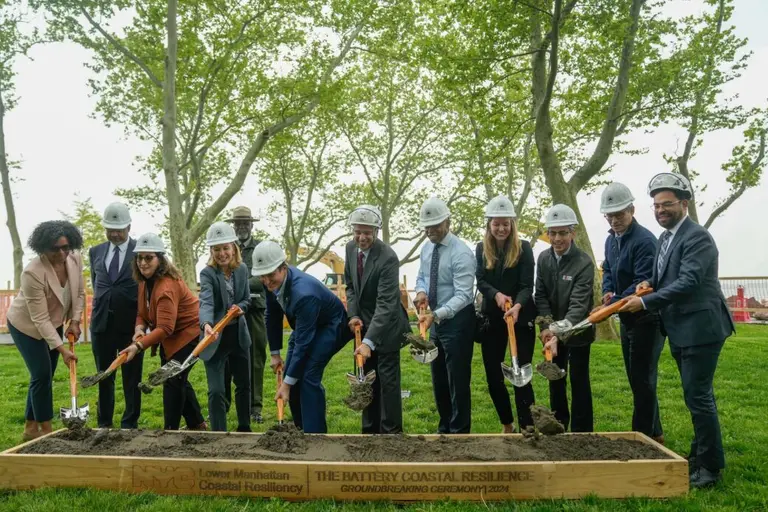
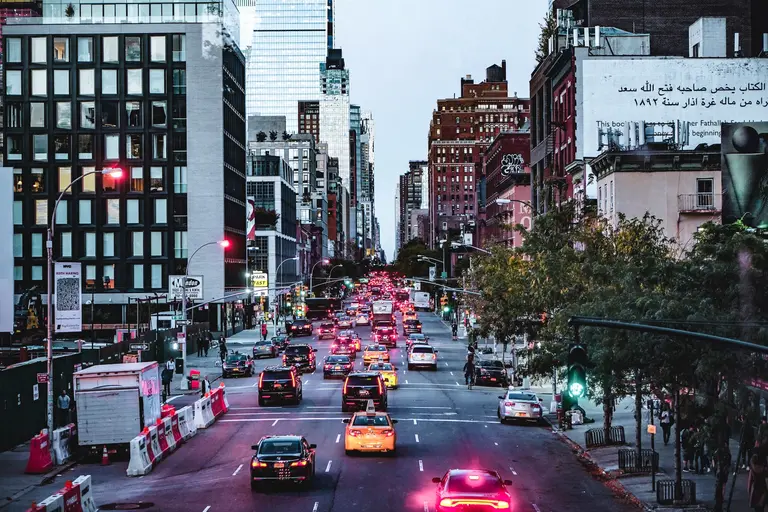





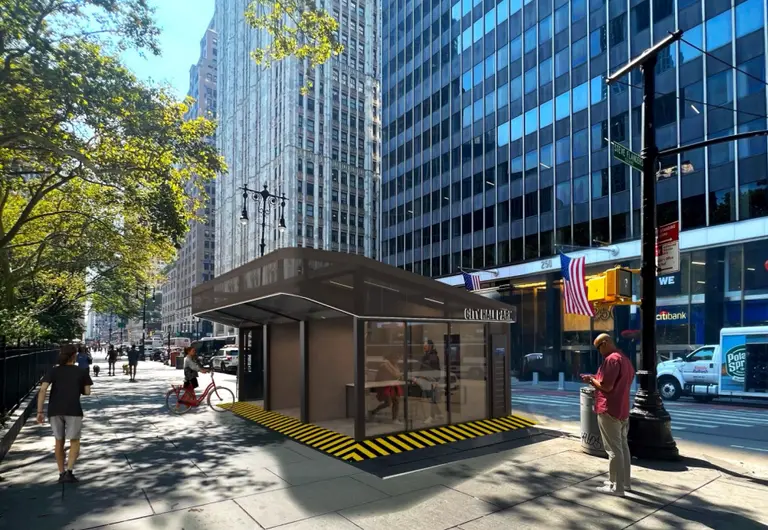
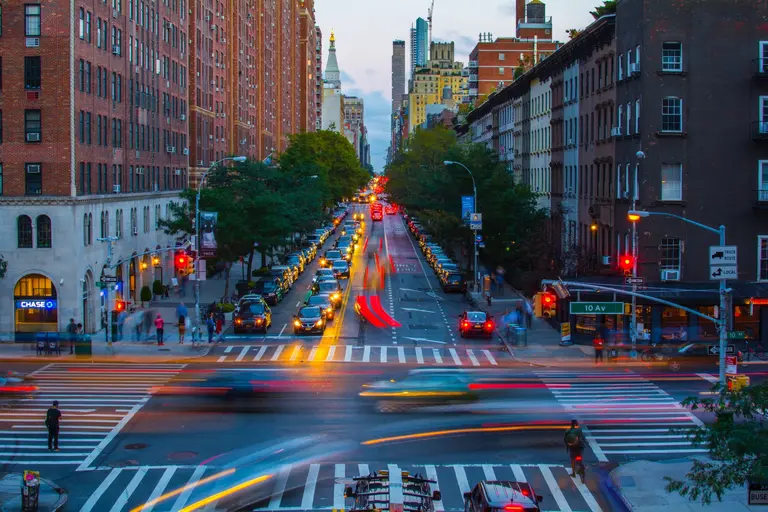
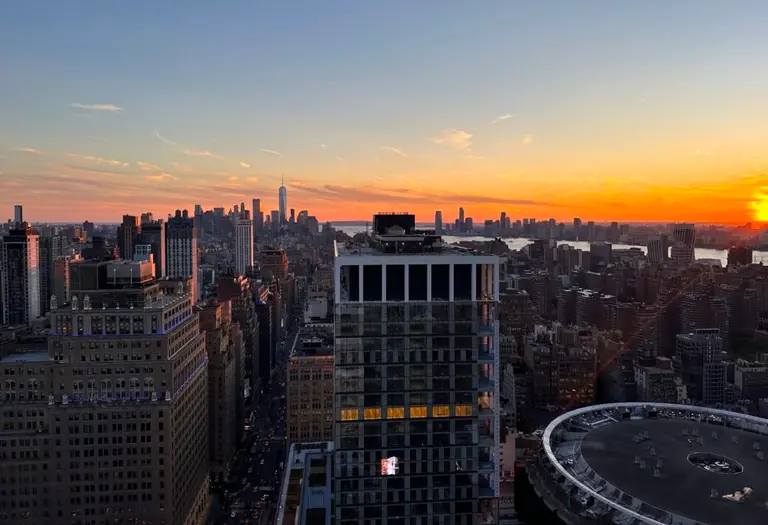
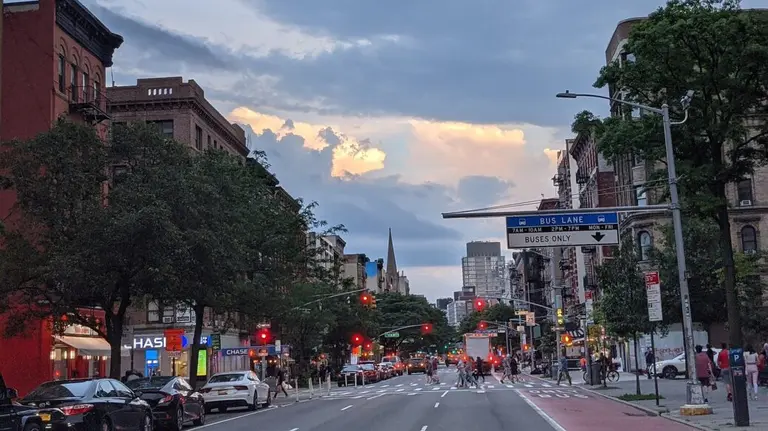
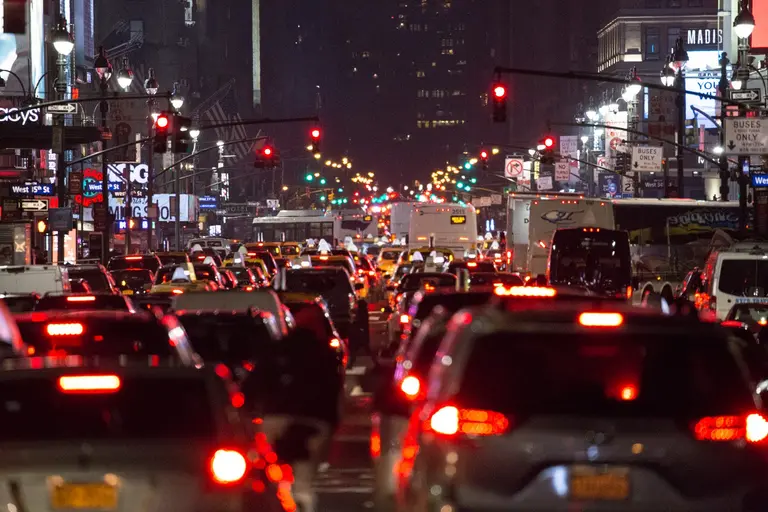
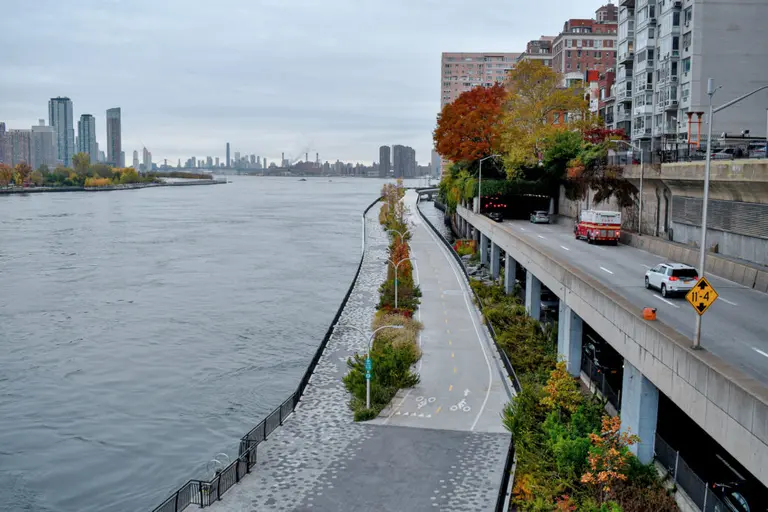












Even with Congestion Pricing starting on June 30th, 2024, there is no way the MTA will be able to advertise, award and issue a Notice to Proceed tor contractors representing $15 billion worth of projects within the following six months. There are also billions in other ongoing capital projects whose work will be carried over into the next $51 billion or more 2025 – 2029 Five Year Capital Plan. There may not be enough resources to integrate the implementation of $15 billion or more carryover Congestion Price funded projects from the $51 billion 2020 – 2024 Five Year Capital Plan, billions more in ongoing non-Congestion Price funded projects with those in the first and second year of the upcoming $51 billion plus 2025 – 2029 Five Year Capital Plan. The MTA lacks sufficient Procurement, Project Managers, Engineers, Legal, and Force Account employees, along with Track Outage Availability to proceed with all these projects in the same time frame. Billions of capital improvement projects will be delayed. Costs will increase due to inflation and other factors as time goes by. The upcoming $51 billion plus 2025 – 2029 Five Year Capital Plan is due to be released and adopted within ten months. This should include a master integrated resource loaded schedule for how the billions in carryover capital projects will proceed with billions more in the new five year capital program.
MTA Board members, elected officials, city, state and federal funding agencies such as the Federal Transit Administration, commuters, taxpayers, transit advocacy groups and transit reporters need to see this critical information. It is the only way we can determine if the MTA is up to meeting the challenge..
(Larry Penner is a transportation advocate, historian and writer who previously served as a former Director for the Federal Transit Administration Region 2 New York Office of Operations and Program Management. This included the development, review, approval and oversight for billions in capital projects and programs for NJ Transit, New York Metropolitan Transportation Authority, NYC Transit bus, subway and Staten Island Railway, Long Island and Metro North Rail Roads, MTA Bus, NYCDOT Staten Island Ferry along with 30 other transit agencies in NY & NJ.)
.
..,